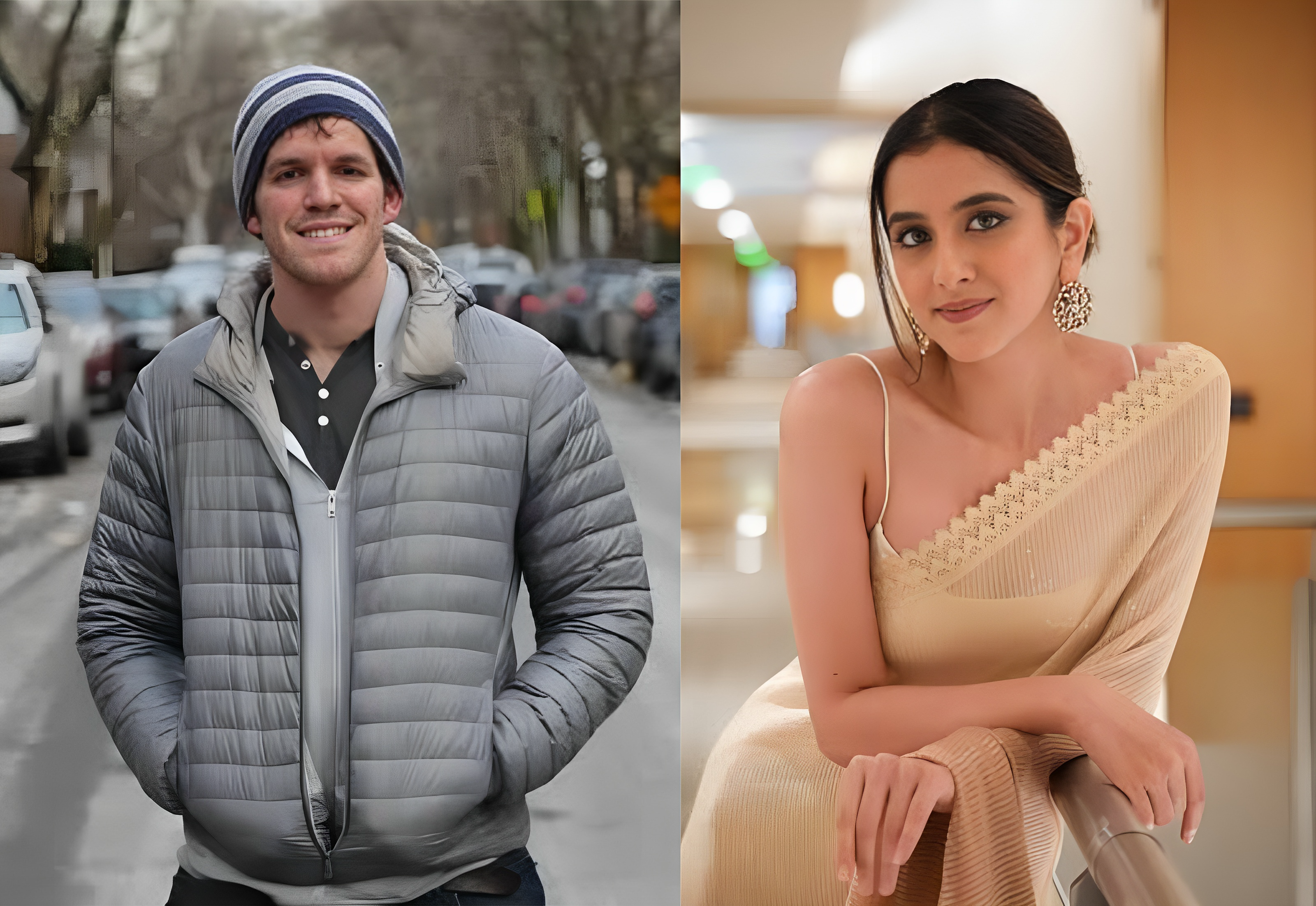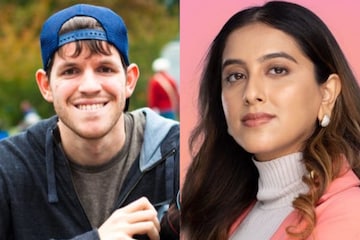Gratitude and Reconciliation: Humans of Bombay Acknowledge HONY’s Role in Inspiring the Storytelling Movement

Gratitude and Reconciliation: Humans of Bombay Acknowledge HONY’s Role in Inspiring the Storytelling Movement
In a powerful and heartfelt gesture of appreciation, Humans of Bombay took to Twitter to express their gratitude towards the creator of Humans of New York (HONY), Brandon Stanton. The message of thanks followed a public exchange on social media, where Brandon Stanton had criticized Humans of Bombay for pursuing legal action against the portal ‘People of India.’ This unexpected turn of events has not only showcased the evolution of the storytelling movement but also highlighted the importance of reconciliation and forgiveness in the world of storytelling.
Humans of Bombay, a platform dedicated to sharing the diverse stories of Mumbai’s residents, tweeted, “We are grateful to HONY (Humans of New York) & Brandon for starting this storytelling movement.” This acknowledgment of inspiration from HONY and its creator Brandon Stanton signifies a profound moment in the history of storytelling through photography and personal narratives.
The exchange on Twitter began when Brandon Stanton addressed Humans of Bombay, saying, “You can’t be suing people for what I’ve forgiven you for.” This tweet from Brandon not only reflected his concern but also hinted at the unity that storytelling platforms share, transcending geographical boundaries.

The phenomenon of Humans of Bombay, like HONY, has become a powerful medium for sharing stories, fostering empathy, and breaking down stereotypes. These platforms capture the essence of humanity by sharing the everyday struggles, triumphs, and experiences of individuals, regardless of their background or social status.
Humans of Bombay, which was founded by photographer Karishma Mehta, has gained immense popularity since its inception. It has provided a voice to countless Mumbai residents, allowing their stories to resonate with a global audience. This platform’s success is a testament to the enduring appeal of storytelling in its most authentic and unfiltered form.
On the other side of the world, Humans of New York, founded by Brandon Stanton, has been an influential force in the storytelling movement for over a decade. With his camera and compassionate approach, Stanton has captured the stories of New Yorkers and people worldwide, creating a profound impact on the way we connect with one another. His work has inspired countless individuals and platforms to follow suit, including Humans of Bombay.
The exchange on Twitter between Brandon Stanton and Humans of Bombay serves as a reminder that while storytelling has the power to unite us, it also comes with its challenges and conflicts. In this case, legal disputes regarding content ownership and usage rights came to the forefront. However, the resolution to these disputes also showcases the resilience of the storytelling movement and its ability to overcome obstacles through dialogue and understanding.

This gesture of gratitude from Humans of Bombay signifies a powerful moment of reconciliation and unity within the storytelling community. It emphasizes the idea that while storytellers may occasionally find themselves at odds, they share a common purpose: to amplify the voices of individuals and communities, fostering empathy, understanding, and positive change.
In a world where divisiveness often dominates headlines, the appreciation expressed by Humans of Bombay for Humans of New York and Brandon Stanton serves as a reminder of the potential for unity and collaboration, even in the face of challenges. It highlights the shared commitment of storytellers worldwide to elevate the human experience through the power of narrative.
As we reflect on this unexpected twist in the world of storytelling, it is a testament to the enduring impact of platforms like Humans of Bombay and Humans of New York. These platforms have not only shared countless stories but have also shown us the importance of forgiveness, reconciliation, and gratitude in our interconnected world. In the end, it is the power of storytelling that unites us all, reminding us of our shared humanity.
The storytelling movement, pioneered by Humans of New York and now embraced by platforms like Humans of Bombay, has demonstrated that every individual has a story worth telling. These stories have the power to bridge gaps between cultures, generations, and backgrounds, fostering a deeper sense of empathy and understanding. They remind us that despite our differences, we share common threads of joy, pain, hope, and resilience.

Brandon Stanton’s comment, “You can’t be suing people for what I’ve forgiven you for,” underscores the complex nature of intellectual property rights in the digital age. It highlights the challenges that storytellers and content creators face when their work becomes a source of inspiration for others. While legal issues may arise, it’s heartening to witness how these disputes can ultimately lead to constructive dialogue and reconciliation.
The acknowledgment from Humans of Bombay also highlights the impact of social media in amplifying the voices of storytellers. In an era where information travels at the speed of light, a simple tweet can spark conversations, build bridges, and bring communities together. The digital landscape has transformed storytelling from a local endeavor into a global phenomenon, allowing stories to transcend geographical borders and touch the hearts of people across the world.
In conclusion, the gratitude expressed by Humans of Bombay towards Humans of New York and Brandon Stanton marks a significant moment in the evolution of the storytelling movement. It reminds us of the power of storytelling to connect us as a global community and inspire positive change. It also underscores the importance of reconciliation and forgiveness in resolving conflicts within the storytelling realm. As these platforms continue to evolve and adapt, one thing remains constant: the enduring power of storytelling to break down barriers and unite us in our shared human experiences.




